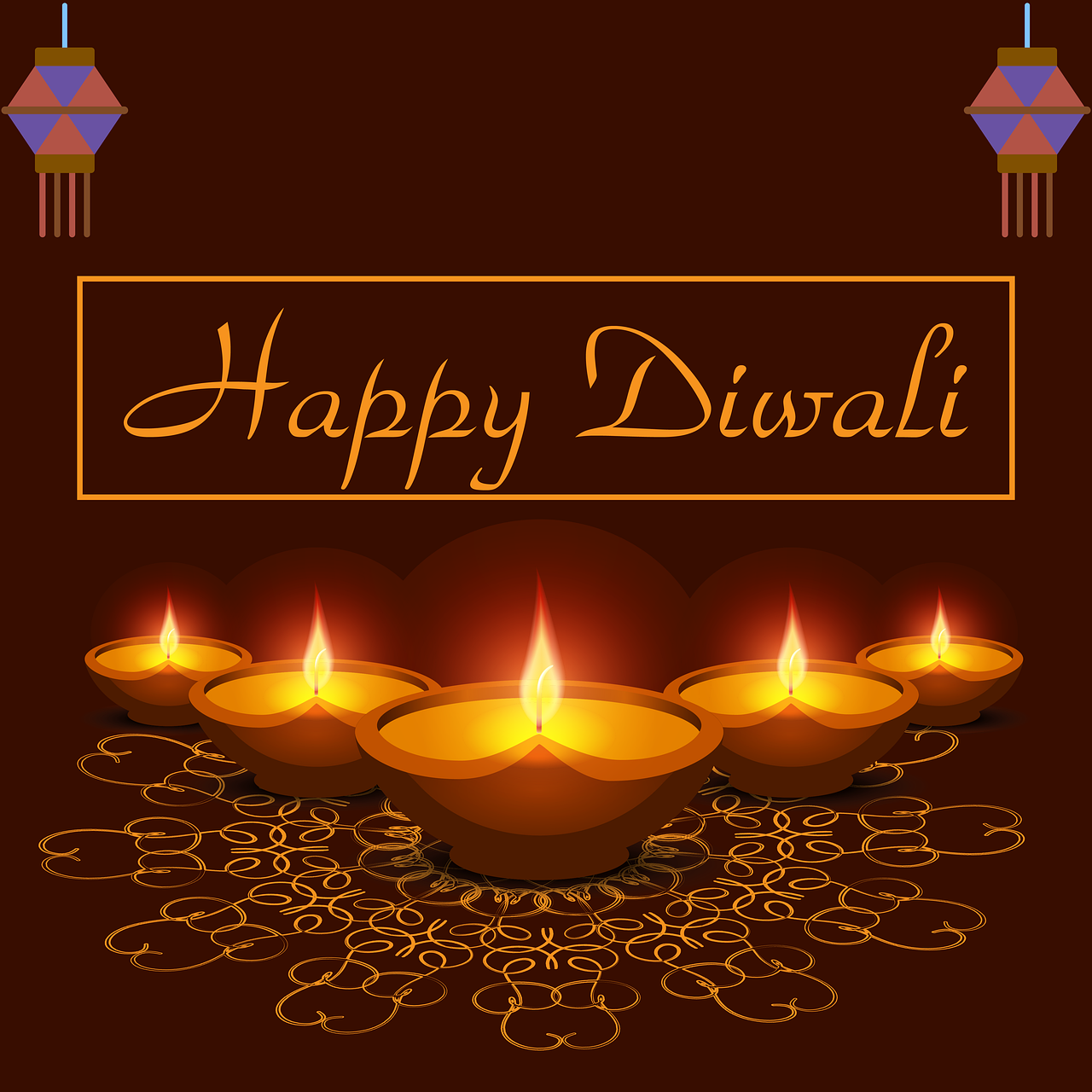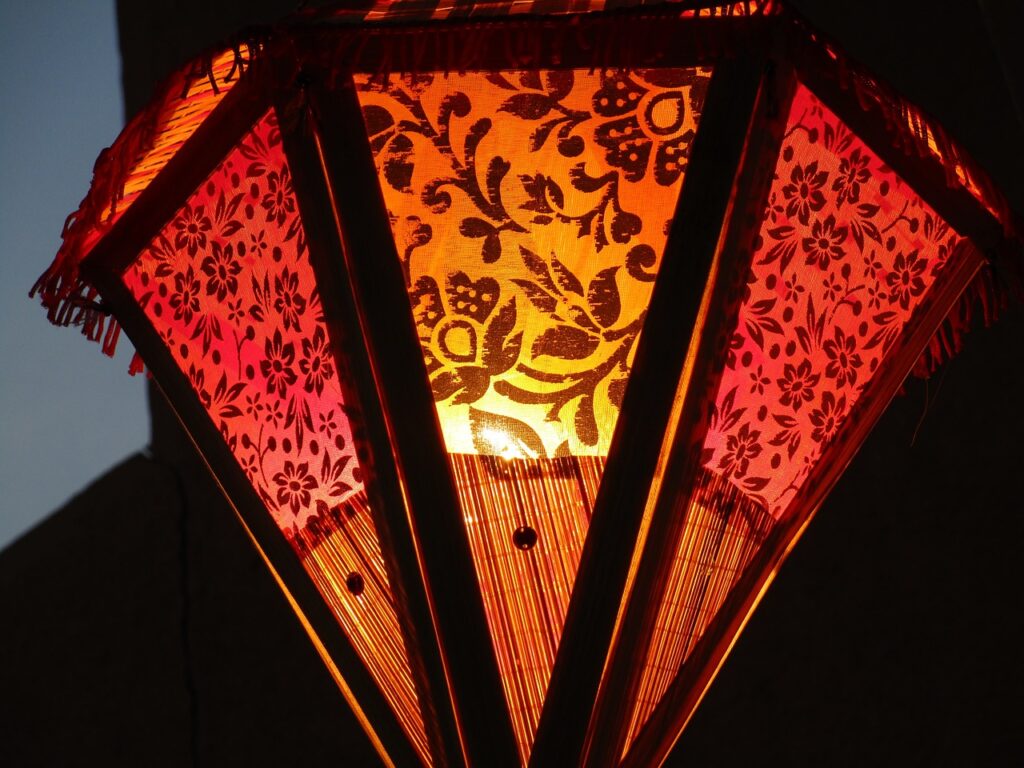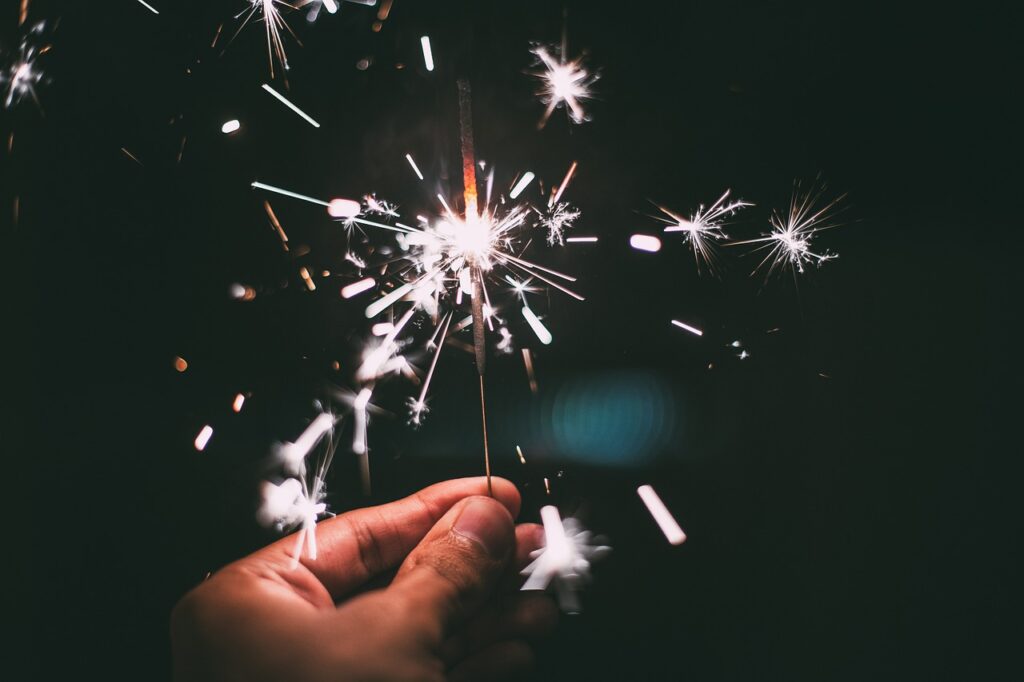Diwali, often referred to as the Festival of Lights, is one of the most significant Hindu festivals celebrated in India and by Indian communities around the globe. It generally lasts for five days and often occurs in October or November. The festival symbolizes the triumph of light over darkness and good over evil.
During Diwali, people light oil lamps (diyas), decorate their homes with colorful rangoli designs, exchange gifts, and enjoy festive meals with family and friends. Fireworks and bursting of firecrackers are also common, adding to the celebratory atmosphere. Each day of Diwali has its significance, often linked to various deities, especially Goddess Lakshmi, who represents wealth and prosperity. Overall, it’s a time of joy, reflection, and renewal.
In 2024, Diwali is set to be celebrated on November 1st. The festival spans five days, from October 29th to November 2nd, with the main celebrations taking place on the third day, November 1st.
Diwali holds deep significance across various cultures and religions, primarily in Hinduism, but also in Jainism, Sikhism, and Buddhism.
Here are some key aspects of its significance:
- Victory of Light Over Darkness: Diwali signifies the triumph of light over darkness and the victory of good over evil. The illumination of homes and public spaces with lights and diyas represents this victory.
- Hindu Mythology: In Hindu tradition, Diwali celebrates the return of Lord Rama, Sita, and Lakshmana to Ayodhya after 14 years of exile and the defeat of the demon king Ravana. It is also associated with the worship of Goddess Lakshmi, the goddess of wealth and prosperity.
- Jain Significance: For Jains, Diwali marks the anniversary of Lord Mahavira’s attainment of moksha (liberation). It’s a moment for reflection and spiritual renewal.
- Sikh Tradition: Sikhs celebrate Bandi Chhor Divas on the same day, which commemorates Guru Hargobind Ji’s release from imprisonment. The festival emphasizes the themes of freedom and justice.
- Cultural Unity: Diwali is celebrated by millions of people across different cultures and religions, fostering a sense of unity and community. It promotes values of generosity, kindness, and togetherness.
- New Beginnings: Diwali is seen as a time to start fresh, with people cleaning and decorating their homes, settling debts, and making resolutions for the coming year.
Celebrating Diwali can be a joyous and meaningful experience, and there are many ways to partake in the festivities. Here are some traditional ways to celebrate:
1. Decorate Your Home
- Lights and Diyas: Illuminate your home with oil lamps (diyas) and fairy lights to symbolize the victory of light over darkness.
- Rangoli: Create vibrant rangoli designs at your entrance using colored powders, flower petals, or rice.
2. Perform Pujas
- Lakshmi Puja: Conduct prayers to Goddess Lakshmi, seeking blessings for prosperity and well-being. Offer sweets, fruits, and flowers.
- Ganesh Puja: Worship Lord Ganesha for removing obstacles before starting any new endeavors.
3. Prepare Festive Food
- Sweets and Snacks: Make or buy traditional sweets like gulab jamun, jalebi, or barfi, and savory snacks like samosas and chaklis to share with family and friends.
4. Exchange Gifts
- Gifting: Exchange gifts and sweets with family and friends as a gesture of love and goodwill. Common gifts include clothing, decorative items, and sweets.
5. Fireworks and Sparklers
- Fireworks: Celebrate with fireworks and sparklers. However, ensure safety and be mindful of noise and environmental concerns.
6. Family Gatherings
- Quality Time: Spend time with family and friends, share meals, and participate in traditional activities together to strengthen bonds.
7. Charity and Giving Back
- Acts of Kindness: Engage in charitable activities by donating to those in need or helping local organizations, reflecting the spirit of generosity during the festival.
8. Cultural Activities
- Music and Dance: Enjoy music, dance, and traditional performances that reflect the cultural heritage associated with Diwali.
9. Social Media and Virtual Celebrations
- Share Online: If you can’t be with loved ones, share your celebrations on social media or have virtual gatherings to connect.
10. Personal Reflection
- Spiritual Practices: Take time for personal reflection and meditation, focusing on gratitude and new beginnings.
Overall, Diwali is a time for celebration, reflection, and renewal, bringing people together in joy and gratitude. Celebrating Diwali can be as simple or elaborate as you wish. The essence lies in joy, togetherness, and the spirit of goodwill! Stay tuned for my upcoming blogs related to Diwali.



